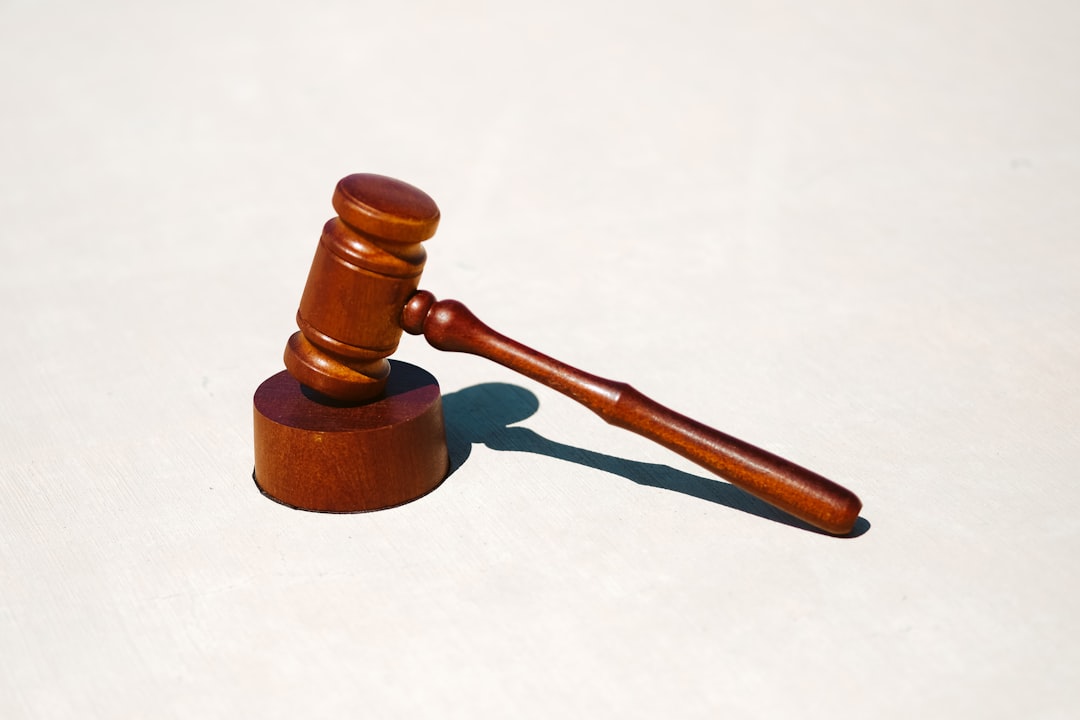In Arkansas, understanding sexual abuse laws requires knowledge of key definitions and a robust legal framework. Sexual assault is defined as non-consensual intercourse with clear, voluntary consent required. Age significantly impacts legal implications, especially for cases involving minors. Arkansas has comprehensive statutes outlining reporting, investigative procedures, and defenses, while victims enjoy rights like being believed and protection from retaliation. Sexual assault lawyers in Arkansas are vital advocates, guiding victims through complex systems, holding perpetrators accountable, and ensuring justice. These lawyers also assist with statute of limitations (up to 30 years for minors), gathering evidence, presenting reliable testimonies, and protecting clients' rights throughout legal procedures. They empower survivors with agency during their healing journey by offering expert guidance on complex matters related to sexual violence.
“Unraveling the complexities of sexual abuse laws in Arkansas is essential for survivors and those seeking justice. This comprehensive guide addresses frequently asked questions, offering insights into key legal aspects. From understanding definitions and liability to timeframes, evidence requirements, and available support, we navigate Arkansas’s legal framework. If you’re in search of answers regarding sexual assault lawyers in Arkansas, this article provides valuable information on how these professionals can aid survivors in their pursuit of justice.”
Understanding Sexual Abuse Laws in Arkansas: Key Definitions and Legal Framework

In Arkansas, understanding sexual abuse laws involves grasping key definitions and the legal framework that governs such cases. Sexual assault, or rape, is defined as any form of non-consensual sexual intercourse or sexual penetration. Consent is understood to be clear, voluntary, and enthusiastic agreement, with individuals under 18 years old considered legally incapable of consenting. Legal implications can vary based on the age of the victim and accused, with stricter penalties for cases involving minors.
Arkansas has established a robust legal framework to address sexual abuse, including statutes that outline reporting requirements, investigative procedures, and potential defenses. Victims of sexual assault in Arkansas have rights, such as the right to be believed, notified of case progress, and protected from retaliation. Sexual assault lawyers in Arkansas play a crucial role in advocating for victims’ rights, guiding them through complex legal processes, and pursuing just outcomes against perpetrators.
Who Can Be Held Accountable for Sexual Assault in Arkansas? Exploring Liability

In Arkansas, sexual assault is a serious crime, and understanding who can be held accountable is crucial for victims seeking justice. Sexual assault lawyers in Arkansas play a vital role in navigating complex legal systems to ensure perpetrators face consequences. The liability for sexual assault extends beyond the direct perpetrator. Several parties can be held accountable, including individuals directly involved, as well as institutions or organizations that failed to prevent or respond appropriately to the assault.
This may include situations where employees or representatives of educational institutions, healthcare facilities, or other organizations are complicit in the assault or did not follow established protocols for safety and reporting. Sexual assault lawyers in Arkansas can help victims understand their rights and pursue legal action against those responsible, aiming to secure justice and compensation while also contributing to a culture of accountability and prevention.
The Timeframe for Filing a Sexual Abuse Lawsuit: What You Need to Know

When considering legal action against an offender or institution related to sexual abuse, understanding the statute of limitations—the legal timeframe for filing a lawsuit—is crucial. In Arkansas, the time frame for filing a civil suit for sexual assault varies depending on the age at which the abuse occurred and whether the plaintiff was a minor at the time. For individuals who were victims of sexual abuse as minors, they generally have until their 30th birthday to file a claim. However, there are exceptions, such as when the abuse involved a public institution or a known abuser, which may extend the deadline.
If you’re seeking compensation and justice for sexual assault in Arkansas, it’s advisable to consult with experienced sexual assault lawyers who can provide guidance tailored to your unique circumstances. These legal professionals will help navigate the complexities of Arkansas’s legal system and ensure that any potential claims are filed within the prescribed time limits.
Evidence Requirements and the Role of Sexual Assault Lawyers in Arkansas Cases

In Arkansas cases involving sexual abuse, understanding evidence requirements is paramount. The state’s legal system demands robust and admissible proof to establish the occurrence and elements of sexual assault crimes. Sexual assault lawyers in Arkansas play a pivotal role in gathering and presenting this evidence effectively. They work closely with victims and relevant medical professionals to collect physical evidence, such as DNA samples, medical records, and forensic reports, which can be used in court. These legal experts also ensure that any witness testimonies are reliable and corroborated, further strengthening the case.
The role of these lawyers extends to interpreting complex legal procedures and regulations related to sexual abuse cases. They guide clients through the intricacies of evidence preservation, chain of custody, and admissibility, ensuring their rights are protected. With their expertise, victims can navigate the justice system with confidence, knowing they have legal representation dedicated to seeking justice and holding perpetrators accountable under Arkansas’s sexual assault laws.
Support and Resources for Survivors: Legal Aid and Advocacy in Arkansas

Survivors of sexual abuse in Arkansas have access to various support and resource networks designed to help them navigate their journey towards healing. One crucial aspect of this support is legal advocacy, which includes specialized sexual assault lawyers who can provide expert guidance. These attorneys are trained to handle complex legal matters related to sexual violence, ensuring survivors’ rights are protected. They offer a range of services, from assisting with criminal cases to helping individuals understand and enforce their civil rights.
The state’s legal aid organizations play a vital role in connecting survivors with the appropriate support. They provide free or low-cost legal services, including counseling on personal injuries, compensation claims, and any legal issues arising from sexual abuse. These resources empower survivors to take control of their situations, offering them a sense of agency during what can be an incredibly challenging time.





